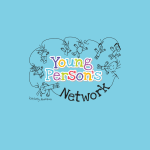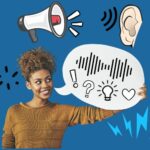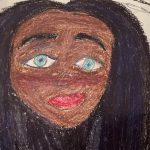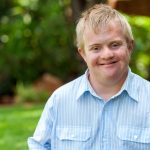Throughout this site we use this yellow colour to highlight information for people with additional needs (SEND).
If you have additional needs or want to know more about being neurodivergent you have come to the right place.
Neurodiversity Awareness
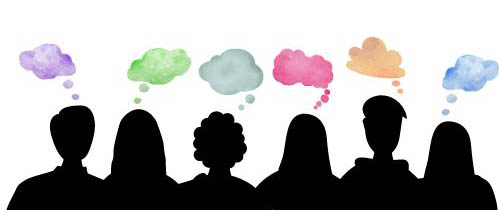
“Great minds don’t always think alike”
What do people mean when they say Neurodiversity or Neurological differences?
Our brains are all wired differently. We think, move, process information and communicate in different ways. Many people use the term neurodiversity, neurological differences to describe a persons alternative thinking style which can be known as:
- Dyslexia
- DCD (Dyspraxia)
- Dyscalculia
- Autism
- ADHD
- Tourette’s & Tic disorders
Neurodiversity is about recognising that we all think differently and this is not a bad thing.
Being neurodivergent can be seen as a negative label to some. We may need extra support at home or in school, and in other settings, but this shouldn’t stop us from achieving and doing the things that we want to do like everyone else.
Help people to be more aware of what it’s like to be neurodivergent and be kind.
What is it like to have Autism?
The video below explains what it is like for a young people with Autism.
Resources to support neurodivergent young people in Suffolk
The Source asked young members of their SEND Network what would help them feel more supported in school from their teachers and friends. Students helped us create the poster below to support Neurodivergent young people in school:
What helps me in school?
This is the support that our young people told us they want more of in school:
- Doodling – Helps to control emotions, cope, calming.
- Listening to music before a lesson.
- Headphones.
- Books.
- Sports.
- Being able to rap.
- Hobbies and interests.
- Talking to close family.
What’s important to us in school, is there anything that could be done differently?
- Teachers – To understand us.
- Things that help in lesson – Doodle paper, Blue tac.
- Support managing emotions/anger – Noises, unwanted sounds can be triggering to us.
- Give us “time out” if we need it.
How to support a friend who is autistic poster co-produced with young people:
Hear stories about young people’s experiences
Suffolk Youth Parliament Member talks about hidden disabilities. Listen to Kelsey, share her experiences in the video below:
How I accepted myself as a neurodivergent person – Kooth article
FYI Norfolk Autism & DHD advice for young people
What is Masking?
Masking is the act of hiding or concealing neurodivergent traits in schools and workplaces, commonly done by autistic people, for the below reasons:
- To avoid prejudice, stigma, bullying and discrimination.
- To meet social expectations and avoid social rejection.
- To hide discomfort in environments that are not autism-friendly (a lack of acceptance or accommodation of autistic characteristics.
- To cope at school and avoid negative attention or punishment (for example for moving around or stimming)
How young people feel about masking their behaviour.
- “So you don’t show people that you have something wrong with you”.
- “You can hide your emotions”,
- “No one knows what inside my head!”
- “Mum usually gets the side effects for how I feel”.
- “Masking is annoying, the affects can cause me to have a meltdown, it’s tiring”.
- “Sometimes it’s difficult to know what behaviours to mask and when? Especially with different teachers”.
Assume that I Can – help challenge negative assumptions
Please share the below video to your school, college, family and friends as it really hits hard the point that if people had more positive assumptions about young people with Down syndrome (or any other additional need), then there will be more opportunities for us at school, at work, in relationships, and in other activities. DISCLAIMER – Please be aware this video includes a swear word.
Page updated on July 24th, 2024 at 02:49pm
